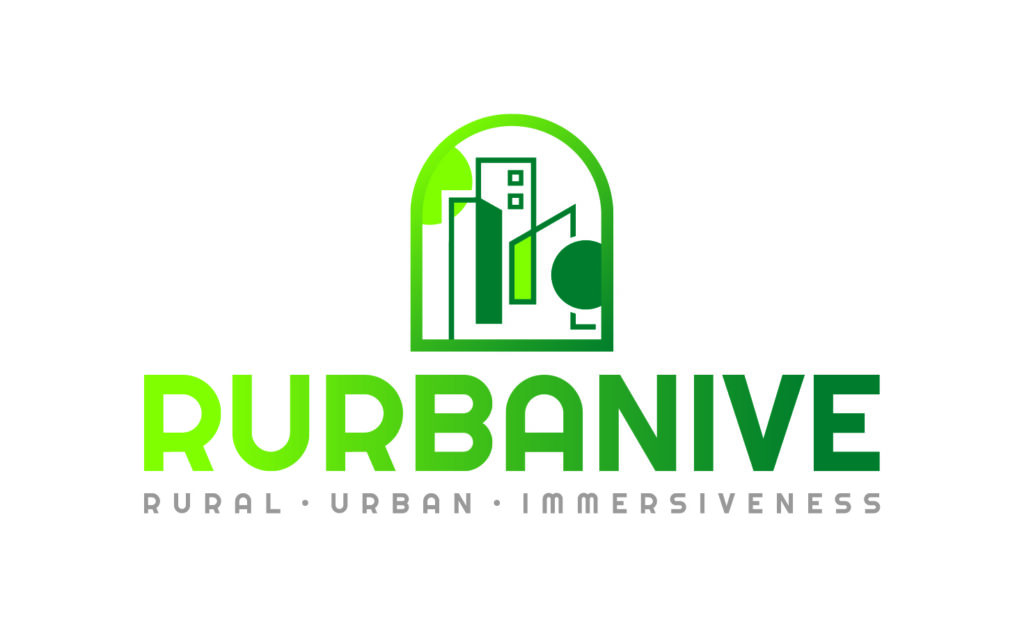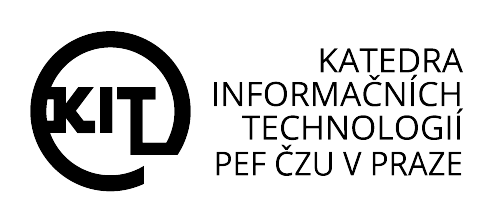RUral-uRBAN synergies emerged in an immersive innovation ecosystem
1. 1. 2024 – 31. 12. 2027
The RURBANIVE project aims to address regional inequalities and foster rural-urban synergies. At its core, it is creating a dynamic digital space – the so-called "Community Store" – which will serve as a hub for experimentation, innovation, and co-creation, fostering two-way communication between urban and rural communities. Experimentation and innovation in rural-urban areas will be supported by exploiting the possibilities of augmented reality. RURBANIVE will introduce a new rural-urban innovation framework supported by technical and social innovations to strengthen territorial governance and existing policy instruments.
RURBANIVE will develop 6 Rural-Urban Activators (RUEs) and innovations in six areas that will support two-way rural-urban synergies and a thriving economy.
Immersive campaigns based on collaborative activities will be adapted to the potential of the seven Rural-Urban Co-creation Labs (RUCLs). They will enable rural-urban interaction through better social connectivity and experimentation. These 7 RUCLs represent different geographical and socio-cultural contexts of the European Union. Rural-Urban Immersiveness (RUI) will ensure that various stakeholders are involved in prototyping, testing, piloting, and presenting the results of RURBANIVE.

Project start:: 1. 1. 2024
Project end:: 31. 12. 2027
Involvement of CZU
CZU will develop and implement a digital platform that aims to function and serve as a socially driven digital hub that connects a wide range of stakeholders across the agri-food value chain to support the shortening of value chains. The intention is to move from a digital marketplace, currently dominated by the state-of-the-art digital platform related to short value chains, to a hub enabling broad social engagement, where stakeholders can obtain better information and education/training on shortening value chains and logistics, as well as on agri-food product certification processes.
At the same time, practical workshops will be held on the premises of the Agricultural Product Processing Training Center (Food Pavilion), actively engaging participants in physical and virtual activities to enable a practical understanding of issues related to the benefits of short value chains, food product certification processes, food traceability, and price transparency. Integrating data from different datasets to varying levels into the platform will facilitate acquiring necessary information for producers, consumers, and other stakeholders.
The Department of Information Technology of the Faculty of Food and Agriculture and the Faculty of Agrobiology, Food and Natural Resources are involved in the project.
RURBANIVE has received funding from the European Union's Horizon Europe Research and Innovation Programme under grant agreement No 101136597 under HORIZON-CL6-2023-COMMUNITIES-01.
Website: https://rurbanive-project.eu
Partners:
1. EREVNITIKO PANEPISTIMIAKO INSTITOUTO SYSTIMATON EPIKOINONION KAI YPOLOGISTON (ICCS)
2. GEOPONICS PANEPISTIMION ATHINON (AUA)
3. CARTIF FOUNDATION (CARTIF),
4. RISE RESEARCH INSTITUTE OF SWEDEN AB (RISE)
5. FOODSCALE HUB GREECE ASSOCIATION FOR ENTREPRENEURSHIP AND INNOVATION ASTIKI MI KERDOSKOPIKI ETAIREIA (FSH)
6. ASSOCIATION EUROPEENNE POUR L'INNOVATION DANS LE DEVELOPPEMENT LOCAL (AEIDL)
7. CZECH AGRICULTURAL UNIVERSITY IN PRAGUE (CZU)
8. ALCHEMIA-NOVA RESEARCH & INNOVATION GEMEINNUTZIGE GMBH (ALCHEMIA)
9. AgriFood Lithuania DIH (AFL)
10. IMERYS VIOMICHANIKA ORYKTA ELLAS MONOPROSOPI ANONYMI ETAIREIA (IMERYS)
11. THE LISBON COUNCIL FOR ECONOMIC COMPETITIVENESS ASBL (LC),
12. ANAPTYXIAKI ETAIREIA DIMOU TRIKKAION ANAPTYXIAKI ANONYMI ETAIREIA OTA (TRIKALA)
13. KEDAINIU RAJONO SAVIVALDYBES ADMINISTRATION (KDM)
14. PERIFEREIA NOTIOU AIGAIOU (SAR)
15. INNOVATION CAMPUS LEMGO EV (ICL)
16. PARTNERSHIP FOR EUROPE RURAL (PREPARE)
17. BIOBASE GMBH (BioBASE)
However, the views expressed are those of the author(s) only and do not necessarily reflect those of the European Union or the European Research Agency. Neither the European Union nor the funding body can be held responsible for them.

